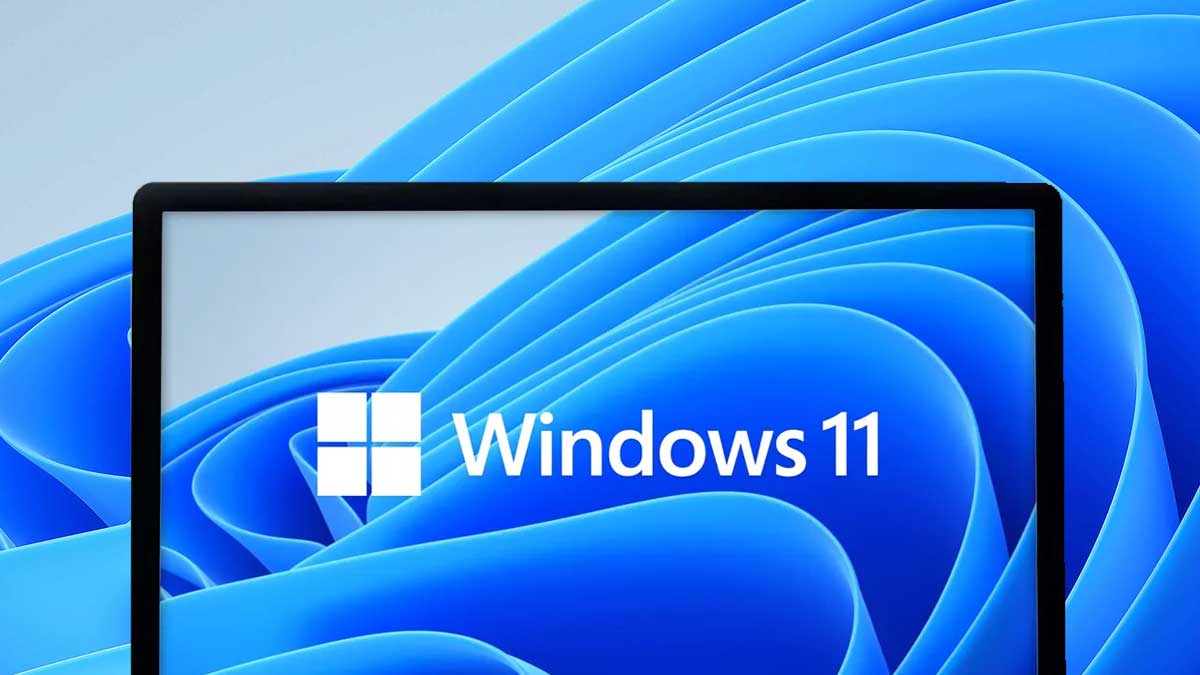- Home
- Billionaires
- Investing Newsletters
- 193CC 1000
- Article Layout 2
- Article Layout 3
- Article Layout 4
- Article Layout 5
- Article Layout 6
- Article Layout 7
- Article Layout 8
- Article Layout 9
- Article Layout 10
- Article Layout 11
- Article Layout 12
- Article Layout 13
- Article Layout 14
- Article Sidebar
- Post Format
- pages
- Archive Layouts
- Post Gallery
- Post Video Background
- Post Review
- Sponsored Post
- Leadership
- Business
- Money
- Small Business
- Innovation
- Shop
Recent Posts
Google Adds macOS-Like Security to Chrome for Windows

In a significant update aimed at improving cybersecurity, Google has announced a major enhancement to its Chrome browser that brings new levels of protection to over a billion Windows users. This update, which introduces a security mechanism reminiscent of macOS, represents a noteworthy advancement for Chrome, a key component of Google’s vast digital ecosystem.
Google’s commitment to security is evident as it tackles a serious vulnerability in Chrome, a browser that is integral to its trillion-dollar marketing empire. According to Will Harris from Chrome’s Security Team, the company is rolling out an additional layer of protection to combat the persistent threat posed by cybercriminals who exploit cookie theft and infostealer malware. In his blog post, Harris highlighted the growing risks associated with these cyber threats and detailed the steps being taken to safeguard users.
“Cybercriminals are increasingly using cookie theft infostealer malware to compromise user safety and security,” Harris noted. “Today, we’re excited to announce a new layer of protection that will enhance the safety of Windows users against these types of malware.”
The update focuses on cookies, which play a critical role in user authentication as individuals navigate between various applications. Google has previously drawn attention to the dangers associated with tracking cookies, which have been in the spotlight recently due to privacy concerns. However, this latest update addresses session cookies, which are essential for maintaining user sessions without the need to repeatedly log in.
Chrome currently employs the Data Protection API (DPAPI) on Windows to secure sensitive data, such as cookies and passwords. The DPAPI protects data at rest from unauthorized access, including cold boot attacks. Nevertheless, it falls short in shielding against malicious applications that can execute code as the logged-in user, a vulnerability exploited by infostealers.
To counteract these threats, Google is implementing a new form of protection on Windows that introduces “application-bound” encryption, similar to the Keychain functionality on macOS. This means that Chrome will encrypt data tied to a specific application identity, making it much harder for other applications on the system to access or decrypt this information.
“This new encryption model ensures that data encrypted by Chrome is bound to the application’s identity, akin to how macOS uses its Keychain to secure sensitive information,” Harris explained. “By enhancing the DPAPI with application-bound encryption, Chrome aims to bolster the security of session cookies and other critical data.”
This new security feature will be available starting with Chrome version 127. Google plans to extend this protection to include passwords, payment data, and other persistent authentication tokens in future updates. While this enhancement won’t eliminate all risks, it represents a significant step toward making it more difficult for malware to exploit user data and improving the detection of such attacks.
Session cookie theft poses a serious challenge for Chrome, and the update is part of a broader strategy to bind cookies to device IDs. This approach aims to prevent cookies stolen from one device from being used on another device or by a different user on the same device. However, if malware infects the home device and the cookie appears to be used by its authorized user, this protection alone won’t suffice.
The new update ensures that if another application attempts to decrypt the encrypted data, the attempt will fail if the application does not have the correct app identity. This makes it significantly harder for malicious applications to exploit session cookies and other sensitive data.
Given Chrome’s dominance across Windows platforms, this update can be seen as a substantial change to the core operating environment rather than just a browser improvement. The move underscores Chrome’s security team’s proactive approach to addressing evolving cyber threats and highlights the influence of macOS security practices on Windows.
While this update is a commendable step forward, the broader discussion around cookie security continues to evolve. The controversy surrounding tracking cookies remains a major topic, and Google’s latest announcement might be overshadowed by ongoing debates about privacy and data tracking.
In summary, Google’s introduction of macOS-like security features for Chrome on Windows represents a significant advancement in protecting user data from cyber threats. By incorporating application-bound encryption and extending protection to various types of sensitive information, Google is taking a proactive approach to enhance security and address the challenges posed by malicious software. As the digital landscape continues to evolve, these improvements highlight the importance of robust security measures in safeguarding user information.
Recent Posts
Categories
- 193cc Digital Assets2
- 5G1
- Aerospace & Defense46
- AI37
- Arts3
- Banking & Insurance11
- Big Data3
- Billionaires449
- Boats & Planes1
- Business328
- Careers13
- Cars & Bikes76
- CEO Network1
- CFO Network17
- CHRO Network1
- CIO Network1
- Cloud10
- CMO Network18
- Commercial Real Estate7
- Consultant1
- Consumer Tech180
- CxO1
- Cybersecurity68
- Dining1
- Diversity, Equity & Inclusion4
- Education7
- Energy8
- Enterprise Tech29
- Events11
- Fintech1
- Food & Drink2
- Franchises1
- Freelance1
- Future Of Work2
- Games141
- GIG1
- Healthcare78
- Hollywood & Entertainment186
- Houses1
- Innovation42
- Investing2
- Investing Newsletters4
- Leadership65
- Lifestyle11
- Manufacturing1
- Markets20
- Media193
- Mobile phone1
- Money13
- Personal Finance2
- Policy567
- Real Estate1
- Research6
- Retail1
- Retirement1
- Small Business1
- SportsMoney33
- Style & Beauty1
- Success Income1
- Taxes2
- Travel10
- Uncategorized8
- Vices1
- Watches & Jewelry2
- world's billionaires418
Related Articles
Google Adds AI Scam Detection to Chrome After FBI Warning
In response to an alarming warning from the FBI about the growing...
By 193cc Agency CouncilDecember 20, 2024Google Alerts Gmail Users to Surge in Phishing Attacks
Google has issued a warning to its 2.5 billion Gmail users about...
By 193cc Agency CouncilDecember 20, 2024LockBit Ransomware Resurgence Set for February 2025
If you believed that law enforcement had successfully dismantled the notorious LockBit...
By 193cc Agency CouncilDecember 20, 2024Elon Musk’s Xmail Teaser Sparks Gmail Security Concerns
A seemingly innocuous post on X (formerly Twitter) by Elon Musk on...
By 193cc Agency CouncilDecember 16, 2024















Leave a comment